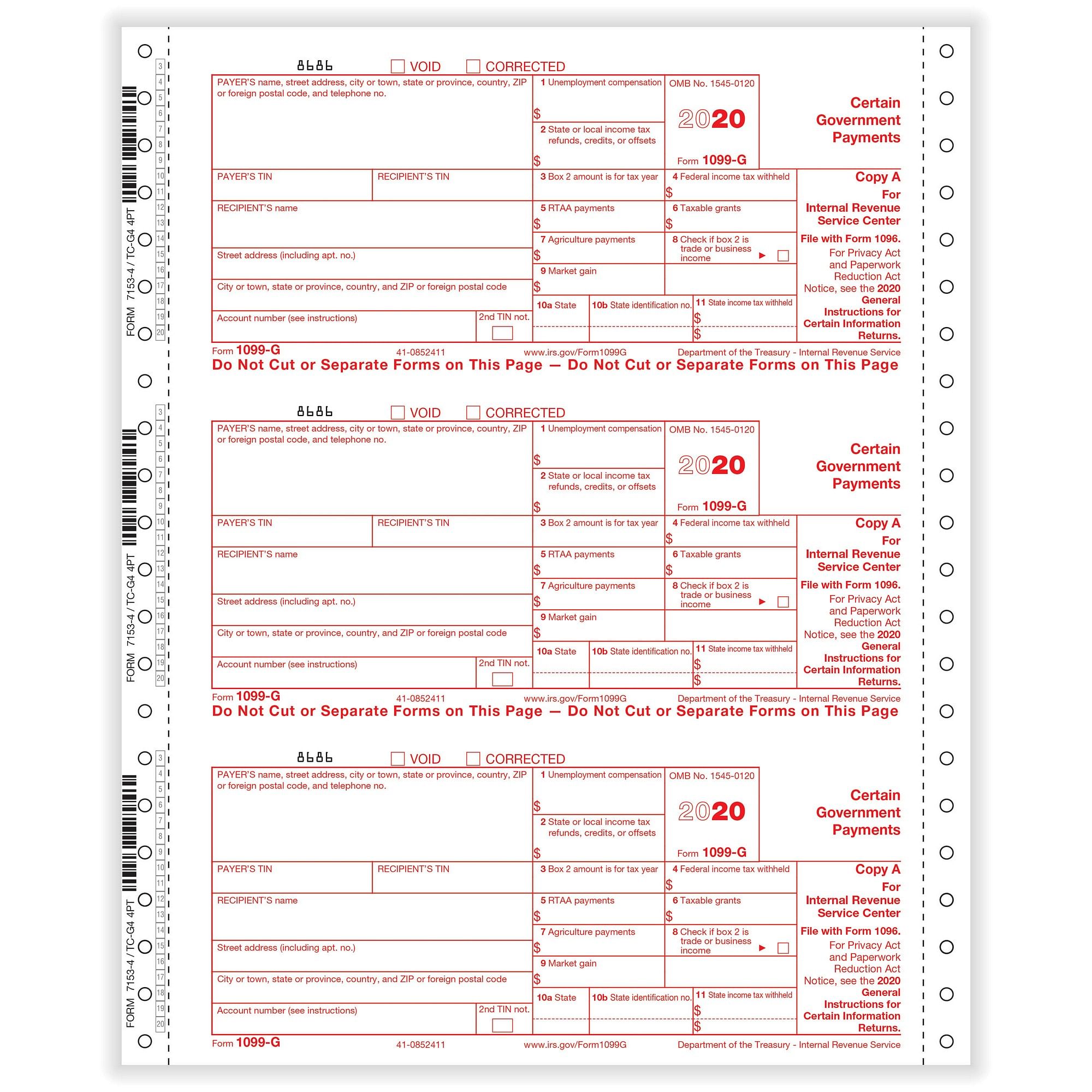

Counties also levy income taxes.įor 20, the state rate is reduced to 3.15%. State Income Tax Range: The Hoosier State has a flat rate of 3.23% of state adjusted gross income after modifications. Complete the "Unemployment Compensation Worksheet" in the Form IT-40 instruction booklet to calculate the exact amount of your deduction. The deductible amount depends on your federal adjusted gross income, how much unemployment compensation you receive, and your filing status. State Taxes on Unemployment Benefits: Although unemployment benefits are taxable in Indiana, part of your benefits may be deductible. Property Taxes: Georgia's median property tax rate is $907 per $100,000 of assessed home value.įor more information, go to the Georgia State Tax Guide for Middle-Class Families. Localities can add as much as 4.9%, and the average combined rate is 7.35%, according to the Tax Foundation.

If the economic targets are not met, the rate reduction schedule will be delayed. From 2025 to 2029, the rate will gradually be reduced to 4.99% if certain economic targets are met. State Income Tax Range: Low: 1% (on the first $1,000 of taxable net income for married couples filing jointly on the first $750 for individual filers and on the first $500 for married couples filing separately). High: 5.75% (on taxable income over $10,000 for married couples filing jointly on taxable income over $7,000 for individual filers and on taxable income over $5,000 for married couples filing separately).īeginning in 2024, the state is switching to a flat rate of 5.49%. State Taxes on Unemployment Benefits: Georgia taxes unemployment compensation to the same extent that it's taxed under federal law.

Then, as a bonus, we outline each state's income, sales, and property tax levels - and provide a link to the state's page in our State-by-State Guide to Taxes on Middle-Class Families - so you can get a sense of the overall tax burden where you live. Where does your state stand when it comes to taxing unemployment benefits? Read on to find out. However, some states don't tax them at all (sometimes because the state doesn't have an income tax), and a handful of states will only tax part of your benefits. Most states fully tax unemployment benefits. However, when it comes to state income taxes, it depends on where you live. Uncle Sam taxes unemployment benefits as if they were wages. When it comes to federal income taxes, the general answer is yes. But once the payments start arriving, another question will likely spring to mind: Will I have to pay taxes on my unemployment benefits? How do I apply for them? How much will I get? How long will the benefits last? You'll need answers to these questions right away so that you can start receiving compensation and readjusting your finances. If you recently lost your job, you probably have a lot of questions about unemployment benefits.


 0 kommentar(er)
0 kommentar(er)
